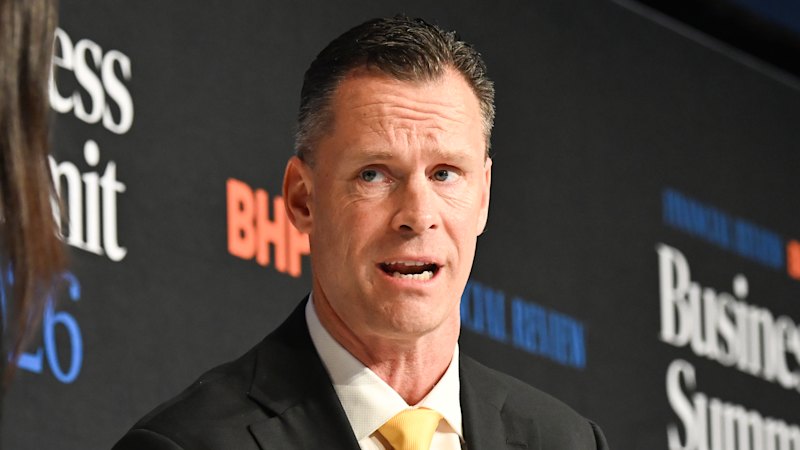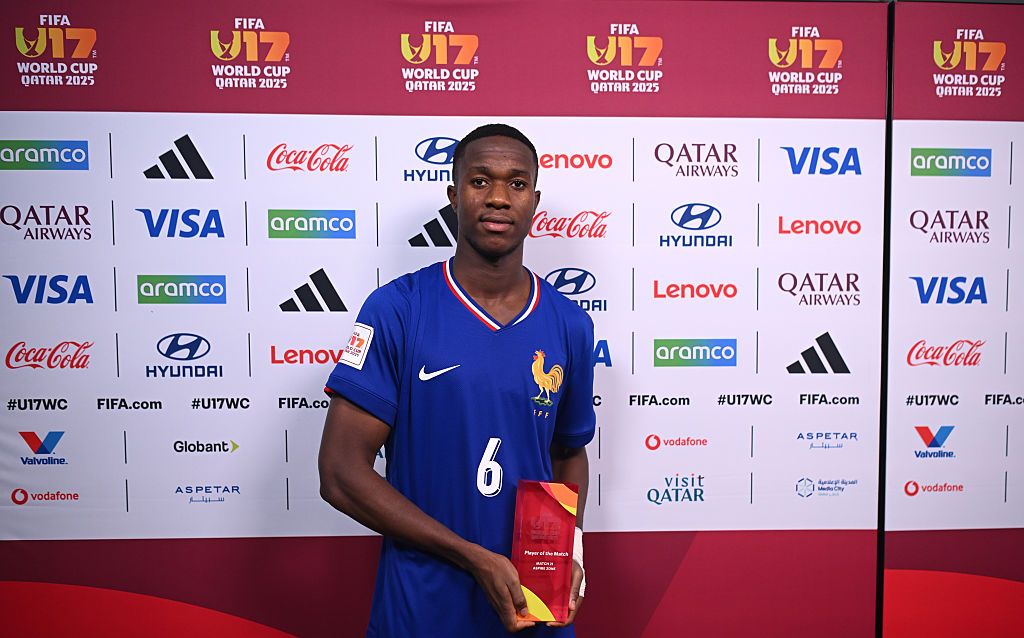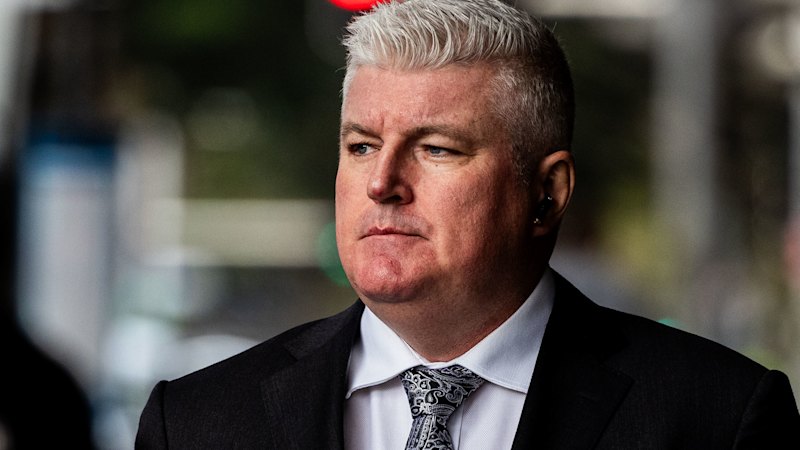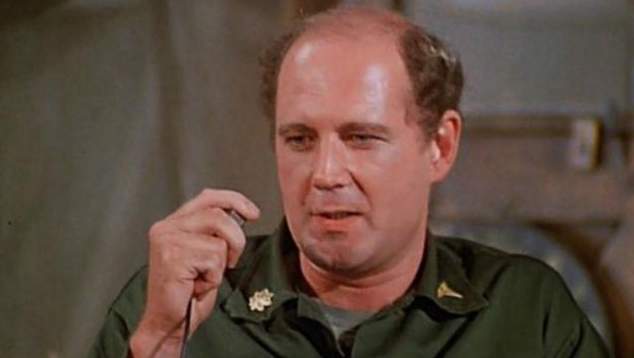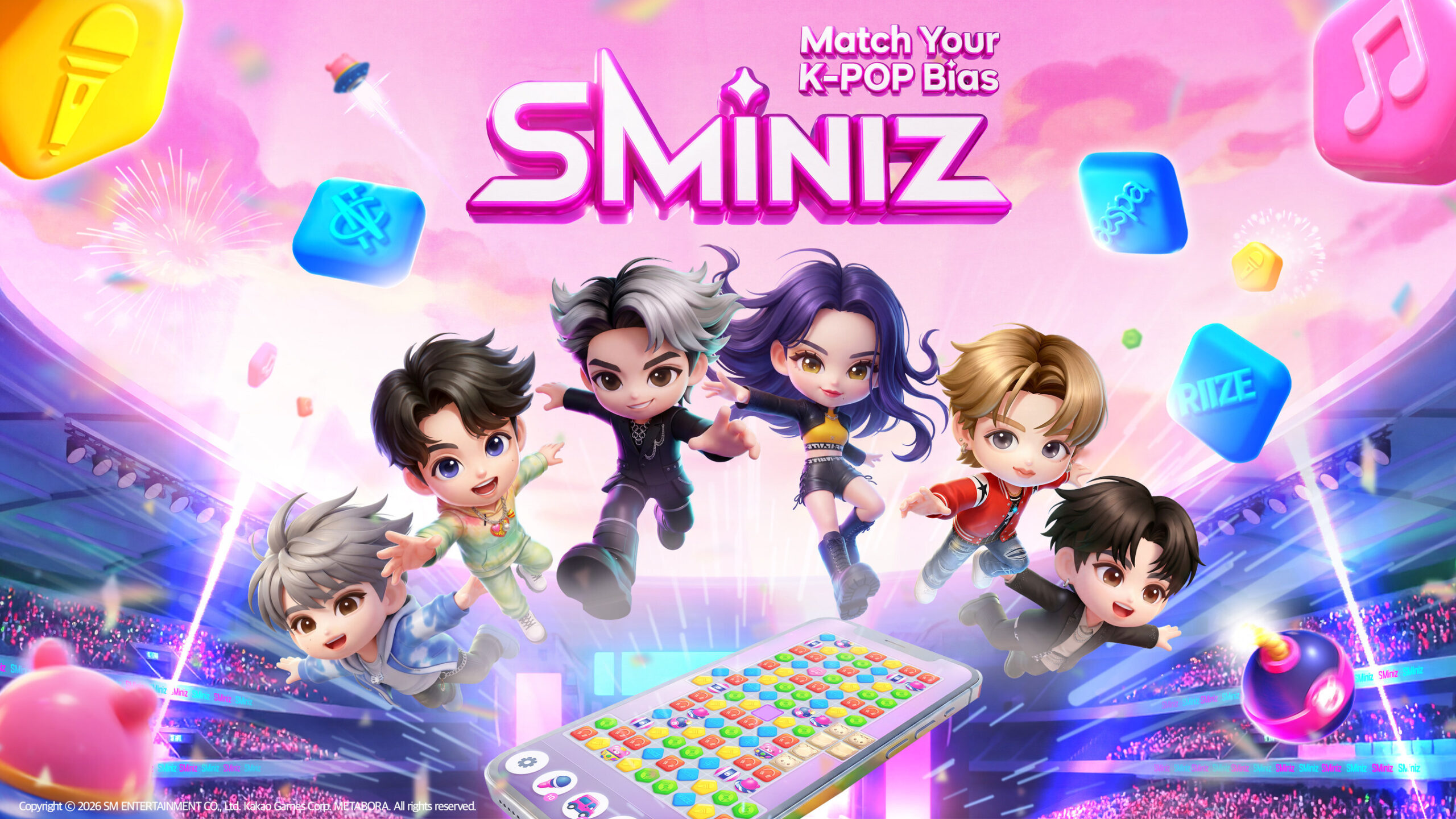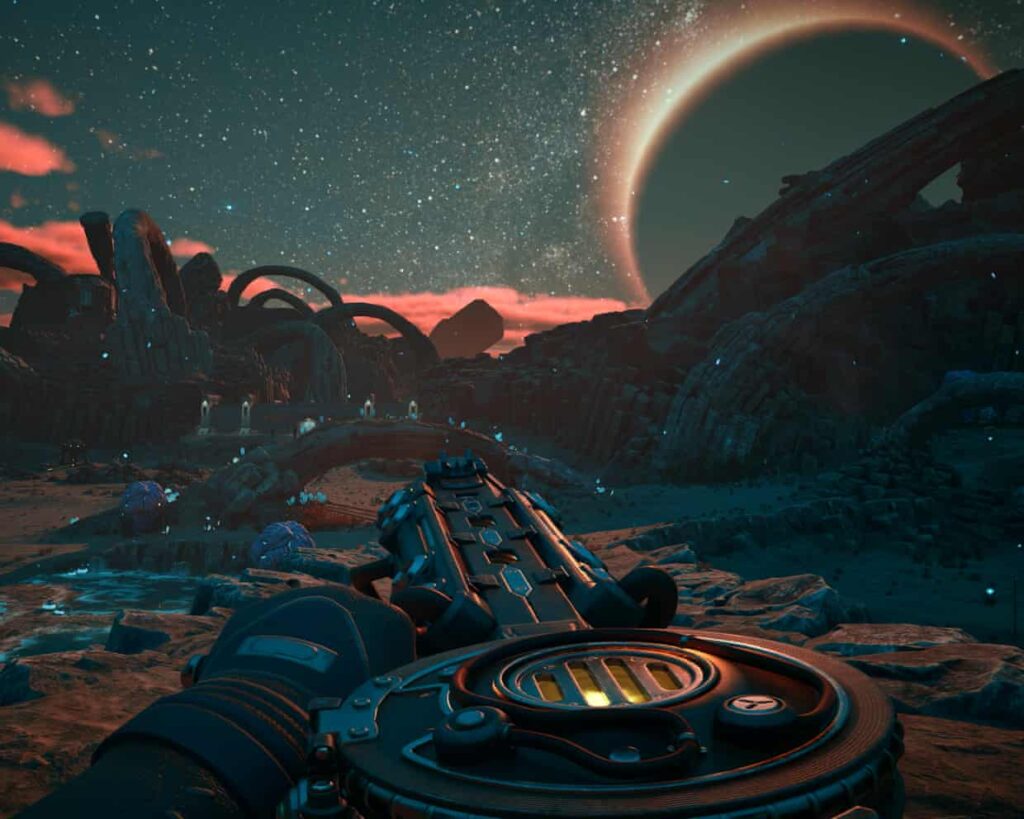
The excitement surrounding the release of Outer Worlds 2 quickly dissipated for the Diamond family, particularly for Dominik Diamond, who had high hopes for the sequel to the beloved original game. The first installment captivated players with its vibrant art style and engaging narrative, establishing itself as a standout in the action role-playing game genre. However, after investing significant time into the sequel, Diamond found himself disappointed by its lackluster storytelling and character development.
In November 2023, anticipation ran high as the family prepared to experience the sequel together. The original Outer Worlds had charmed the household with its humor and intriguing plot, allowing players to immerse themselves in a world where small players could challenge corporate giants. While not without its flaws, including combat mechanics that some deemed uninspired, the game was praised for its heart and dedication from the development team. Diamond’s children, particularly his son, were eager to dive into the sequel, but their excitement soon turned into a clash of opinions.
After his son completed the game first, he bluntly told Diamond, “You are going to hate it.” This prediction set the stage for a confrontational yet enlightening conversation about the game. Despite the high-quality combat mechanics and character skill trees, Diamond found the narrative tedious and full of uninspiring dialogue, leading to a frustrating gaming experience. He noted that the opening hour was dominated by tedious faction politics, failing to engage him in the way its predecessor had.
“Most of the dialogue is people moaning about their bosses or their charges,” he remarked. “Everything is broken. People are starving and miserable.” The game’s portrayal of societal issues felt too close to reality, resonating with contemporary concerns but lacking the depth to elevate the narrative.
After approximately 20 hours of play, Diamond decided to step back from the game, stating, “I haven’t heard you curse at a game this much since you played online FIFA,” his son teased. This prompted a broader discussion about what makes role-playing games successful. The conversation centered on the importance of storytelling and character development, crucial elements in engaging players and immersing them in the game world.
The discussion invoked memories of classic RPGs, emphasizing the need for a committed storyteller to breathe life into the gameplay. Drawing parallels to Dungeons & Dragons, Diamond noted that without a skilled Dungeon Master, the experience could become a tedious exercise. He reflected on the immersive worlds of other games, such as The Witcher 3 and Shin Megami Tensei, where well-crafted narratives and memorable characters kept players invested.
Despite the disappointment with Outer Worlds 2, the experience sparked meaningful dialogue between Diamond and his son. They explored the themes that make RPGs appealing, including the notion of a meritocracy where skill and dedication can lead to progress, contrasting sharply with the challenges faced in the real world.
While Outer Worlds 2 failed to deliver the immersive experience Diamond had hoped for, it served as a catalyst for a deeper connection with his son. The conversation highlighted how gaming can enrich relationships, transforming moments of frustration into opportunities for discussion and bonding.
As players continue to navigate the evolving landscape of video games, the lessons learned from Outer Worlds 2 may resonate beyond the screen. The importance of storytelling, character engagement, and the ability to create compelling narratives remains at the heart of what makes games not just entertainment, but also a shared experience that can foster connection and understanding.
